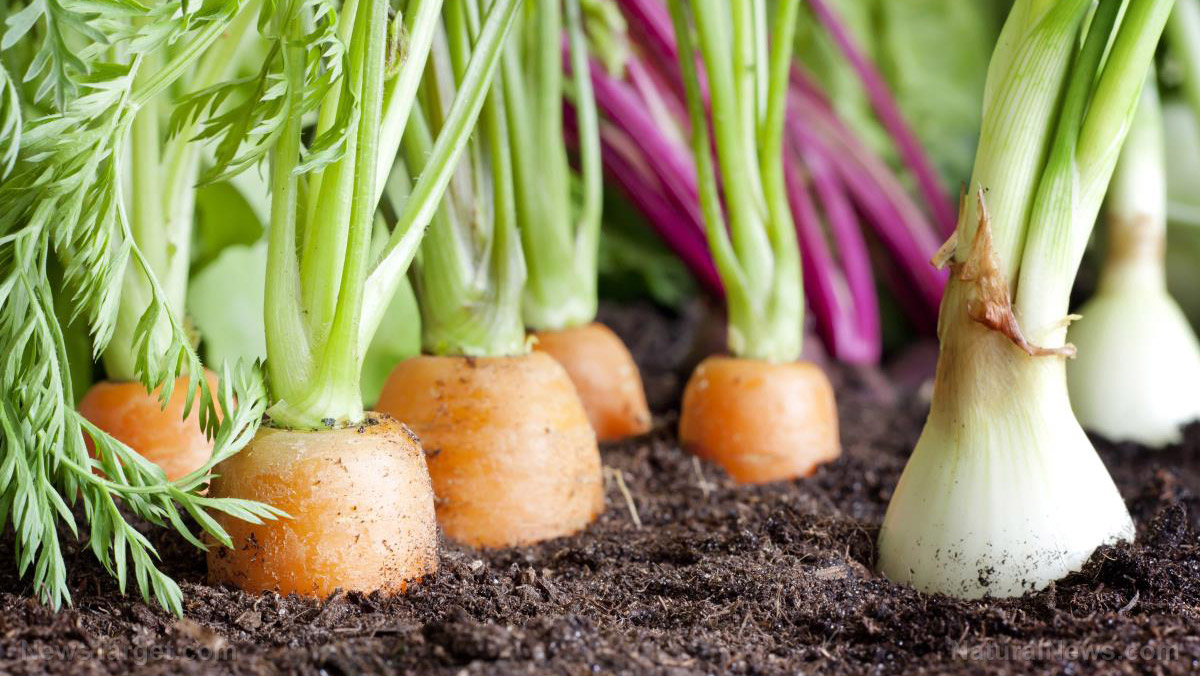
Advertisement
Tomatoes are an essential ingredient in many kitchens across America. Because of this, it can be quite common to see tomatoes growing in home gardens.
Successfully growing tomatoes in your own garden could be one of the most rewarding experiences for a home gardener, especially if he or she is a tomato lover. Nothing can beat the taste of fresh, sun-ripened, juicy tomatoes picked from your own garden.
Growing tomatoes is easy – you can even grow them on your balcony. Even newbies in gardening wouldn’t have too much trouble dealing with them.
However, if you’re still on the fence about tomato growing, here are a few tips that can help you bridge that gap and grow pretty and juicy tomatoes.
- Always plant tomatoes in a new space: When growing your own tomatoes, keeping them in the same space every year is a recipe for disaster. These plants are vulnerable to diseases, especially soil-borne ones like tomato blight and blossom rot. Because of this, you should avoid planting them in the same spot for at least three years. If you happen to grow them in pots or other containers, make sure to swap out the soil every season. Rotating the crop to new spaces each season can greatly reduce their risk of getting diseases. Also, moving spaces will also give the tomatoes access to fresh nutrients that they desperately need to grow.
- Plant them deep: Plant your tomatoes at a depth of around six to eight inches. This will help them withstand wind and storms and prevent them from drying out too quickly. In addition, planting deep gives additional roots more room to grow, and those roots are essential in helping find nutrients and water for the plant. You can use a post hole digger to make a great planting hole.
- Add natural fertilizers when you plant: Start by digging holes about 10 inches deep, then fill them with a mix of soil, compost, a few crushed eggshells, a couple of teaspoons of coffee grounds, and a quarter cup of worm castings. The compost, coffee grounds, and worm castings provide nutrients as the plants grow, while the crushed eggshells offer calcium as they break down, preventing black rot and blossom-end rot.
- Provide support before planting: You can use cages or stakes to provide support to your plant. Supporting your tomato plants greatly helps in keeping them healthy as vines can easily be damaged if unsupported. Unsupported vines are also more prone to disease and pests when they sprawl on the ground. There is also a high chance of them being tangled, restricting air circulation and limiting sunlight exposure – both of which are important in ripening tomatoes.
- Mulch: Mulching is important in the health and production level of tomato plants. It regulates soil temperature, prevents soil and nutrients from eroding during strong rains, and prevents weeds that compete for the nutrients your plants need. Using a double-mulching technique will greatly prevent a weed explosion. To do this, place a 1- to 2-inch thick layer of compost around each plant, then add in another quarter-cup of worm castings. Finish off by adding a 4- to 6-inch thick layer of straw around every plant.
Reasons to plant your own tomatoes
Homegrown tomatoes and other crops, in general, are healthier than store-bought ones: They taste better and are healthier and fresher. Tomatoes are rich in lycopene, an antioxidant that can keep your skin healthy and can protect you from certain types of cancer. In addition, tomatoes contain other antioxidants like vitamins A and C that also help fight harmful free radicals. Tomatoes also contain good amounts of calcium and vitamin K, which are essential in maintaining bone health. The vitamin B and potassium content of tomatoes are also beneficial for the heart. These nutrients effectively lower cholesterol and blood pressure levels, preventing heart attacks, stroke, and other heart problems.
Planting your own tomatoes can be overwhelming at first, but the rewards are definitely worth the hassle – so save yourself the trouble of going to the supermarket and start growing your very own tomatoes.
Sources:
Advertisements







